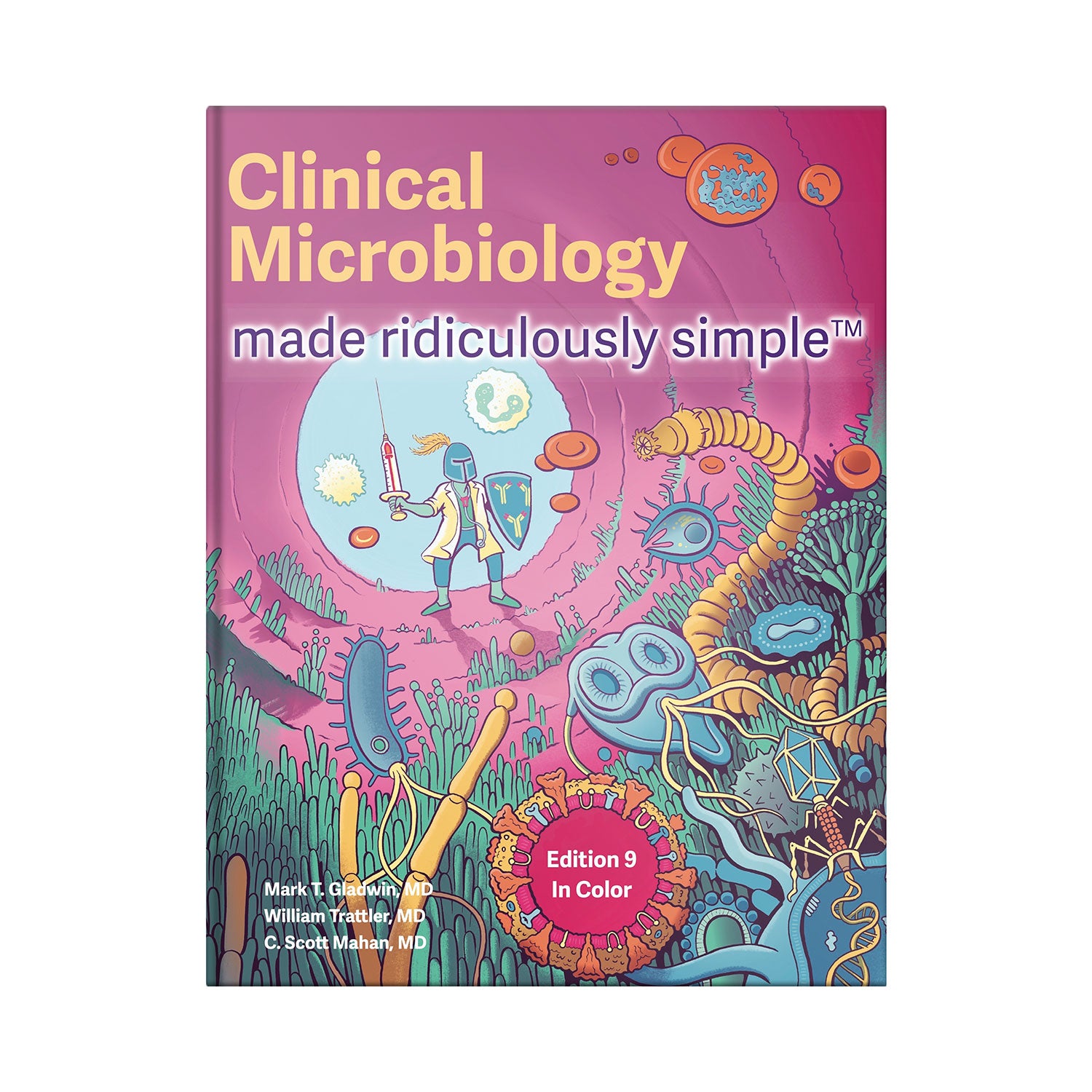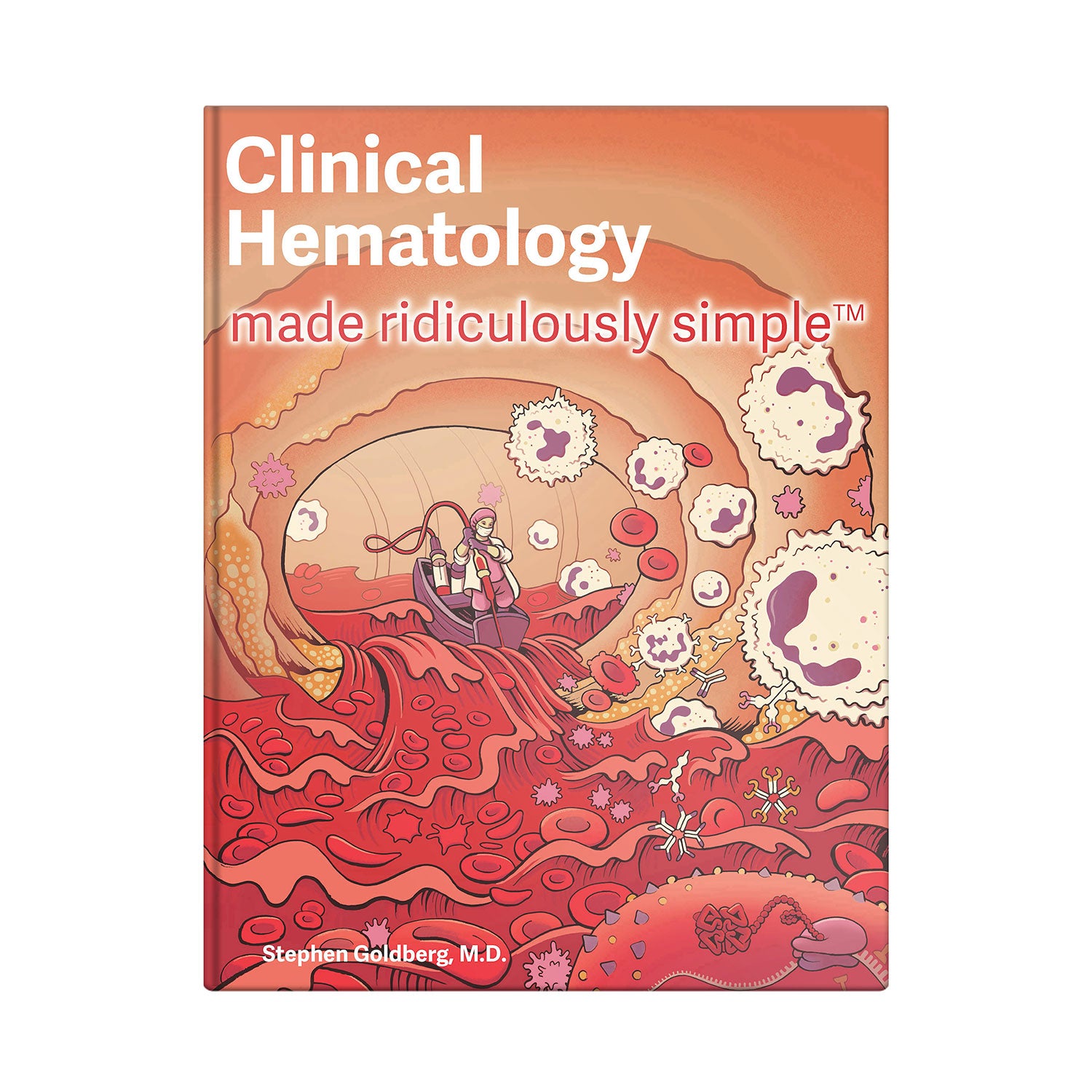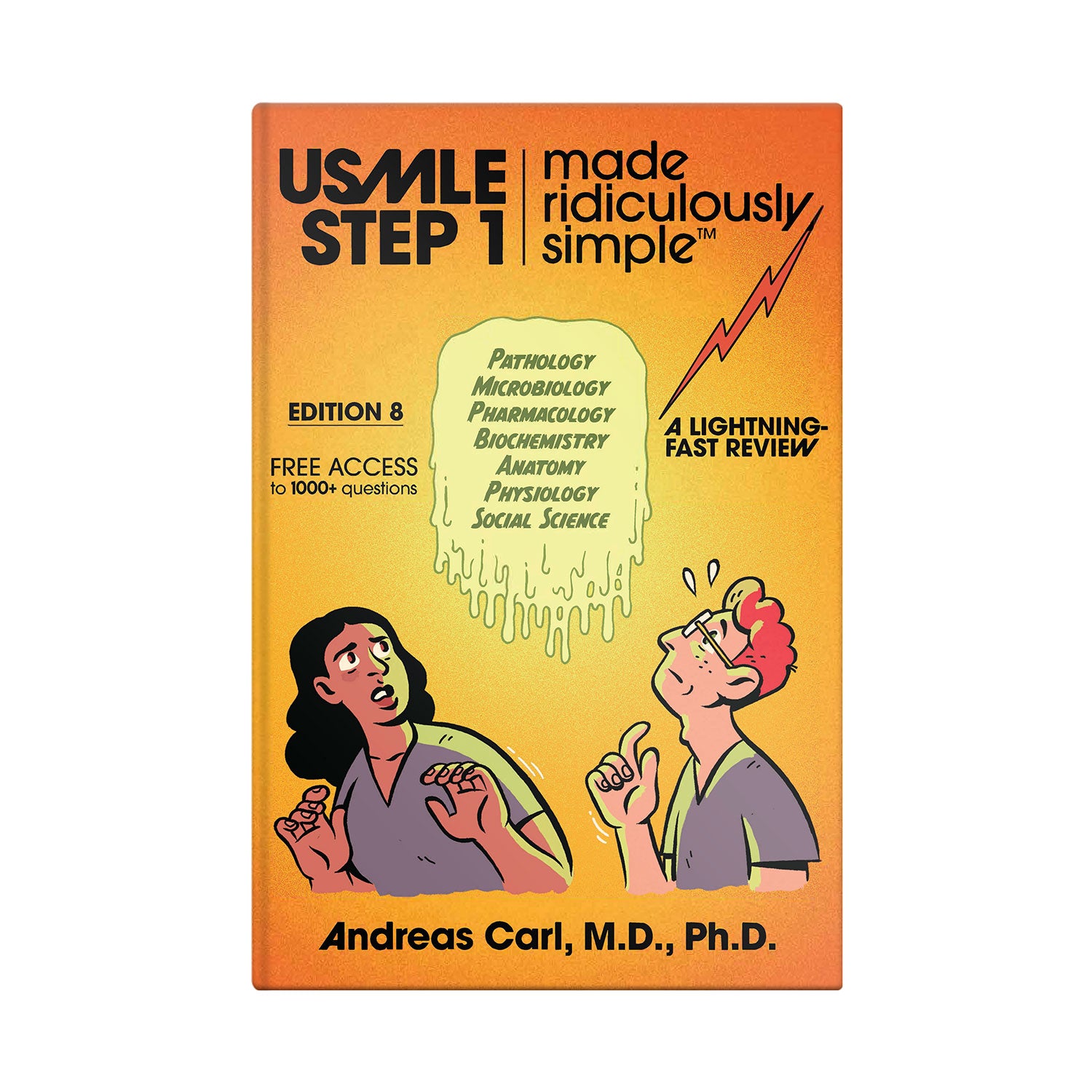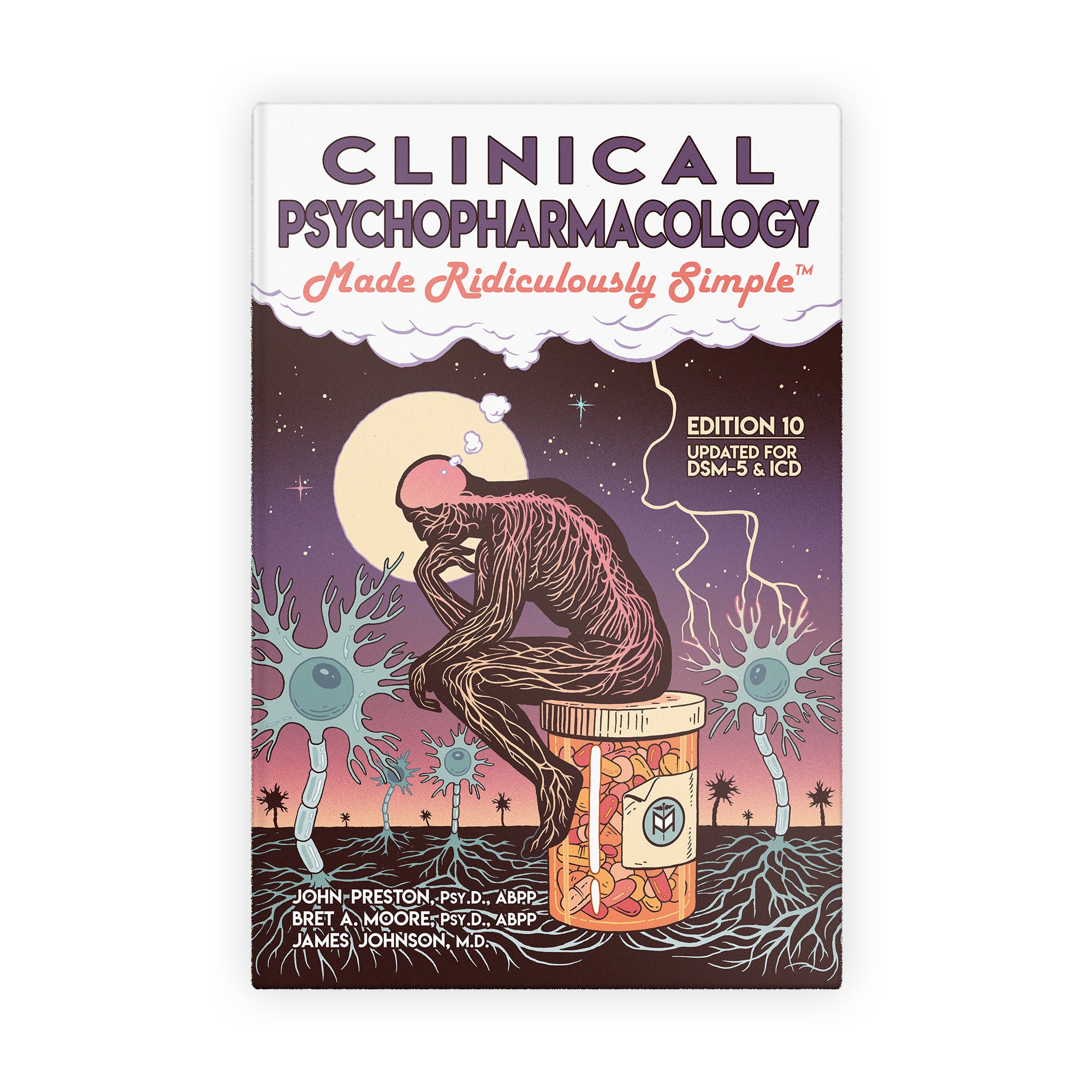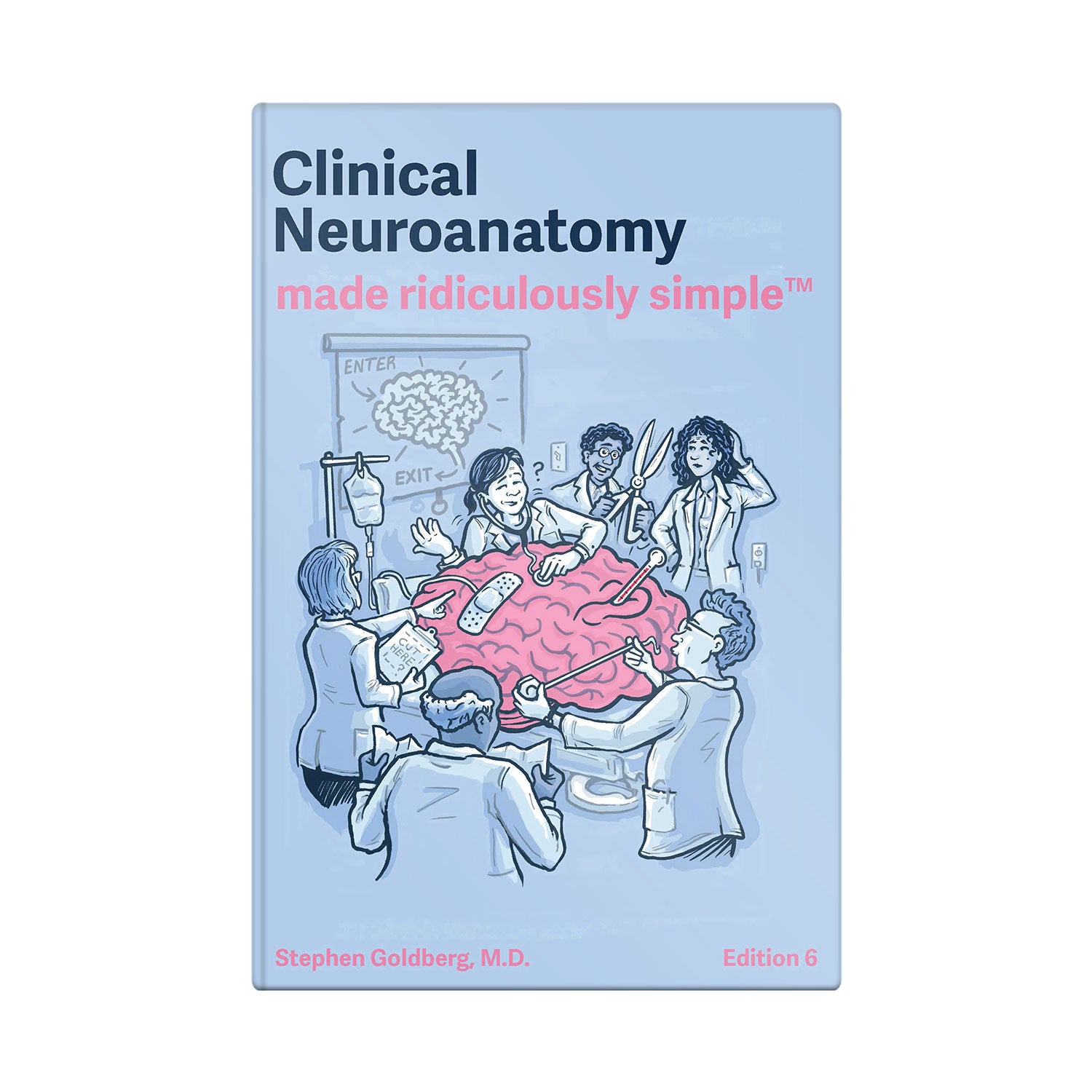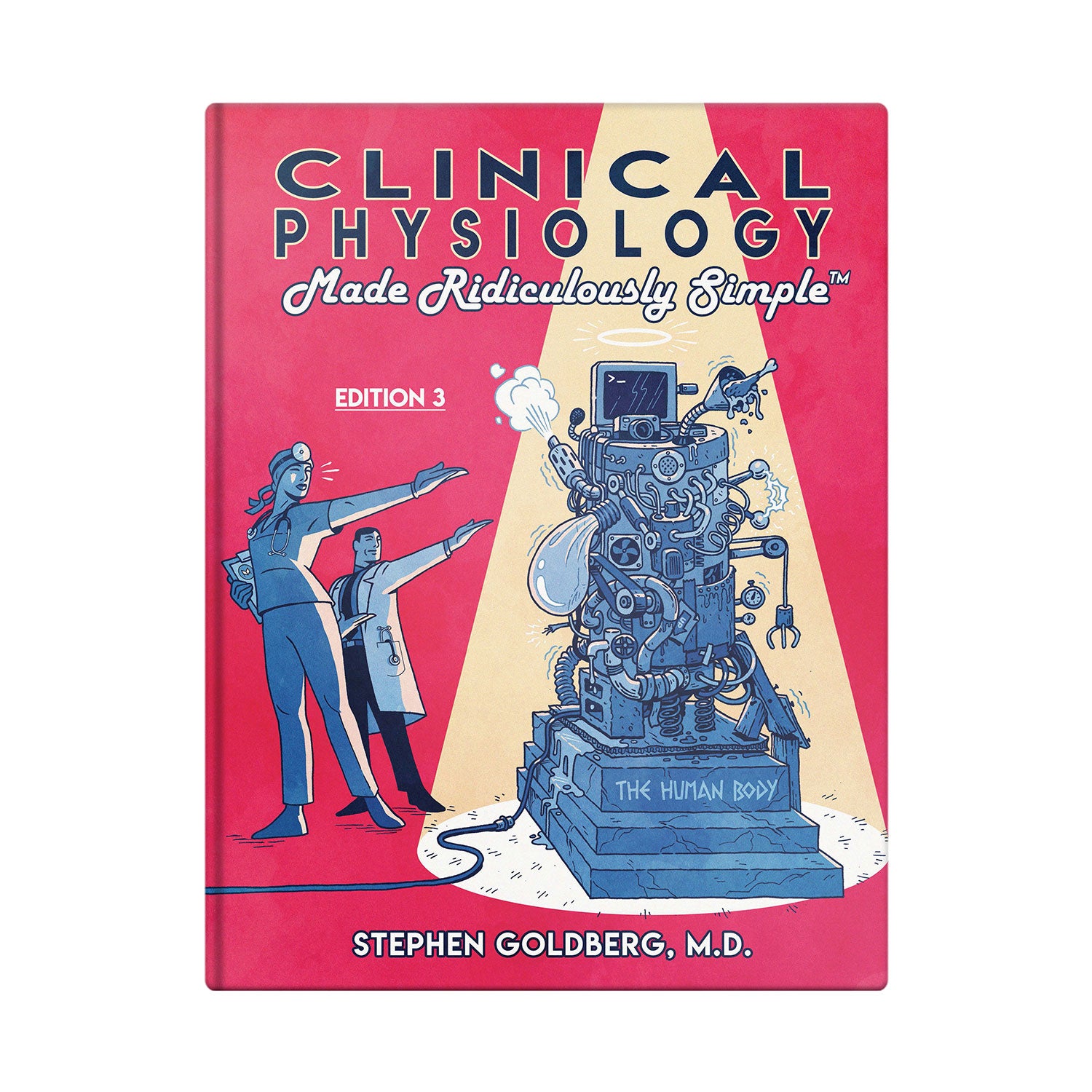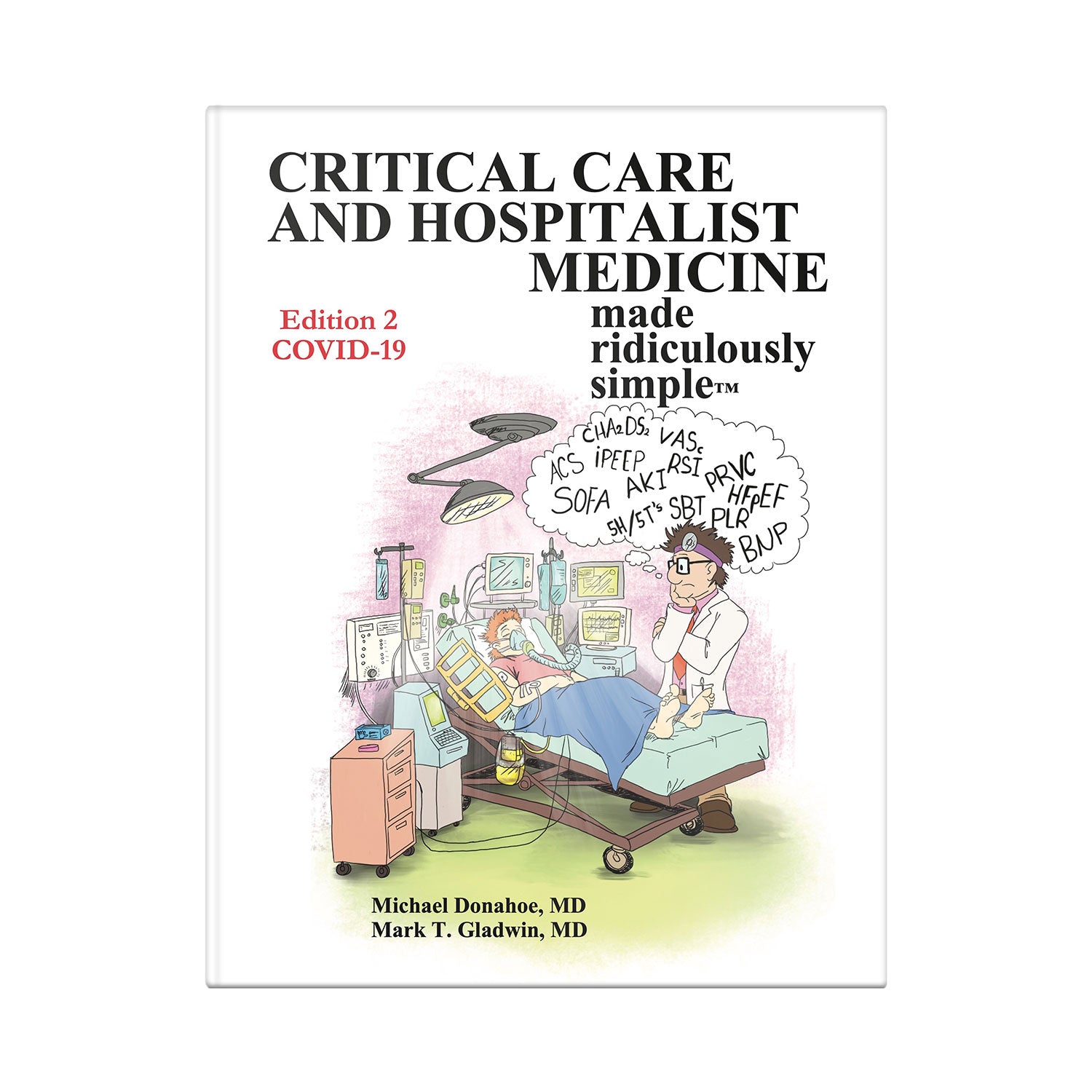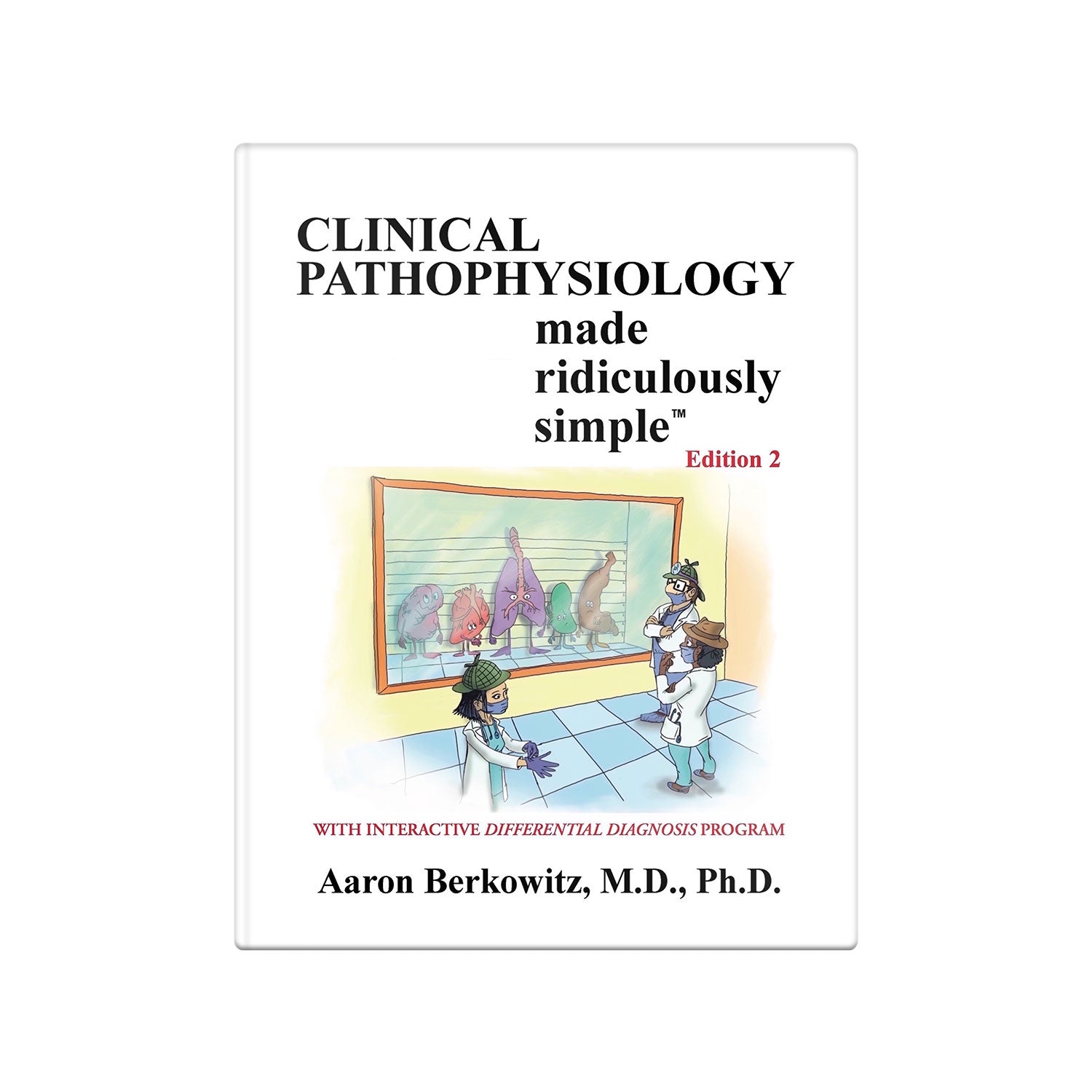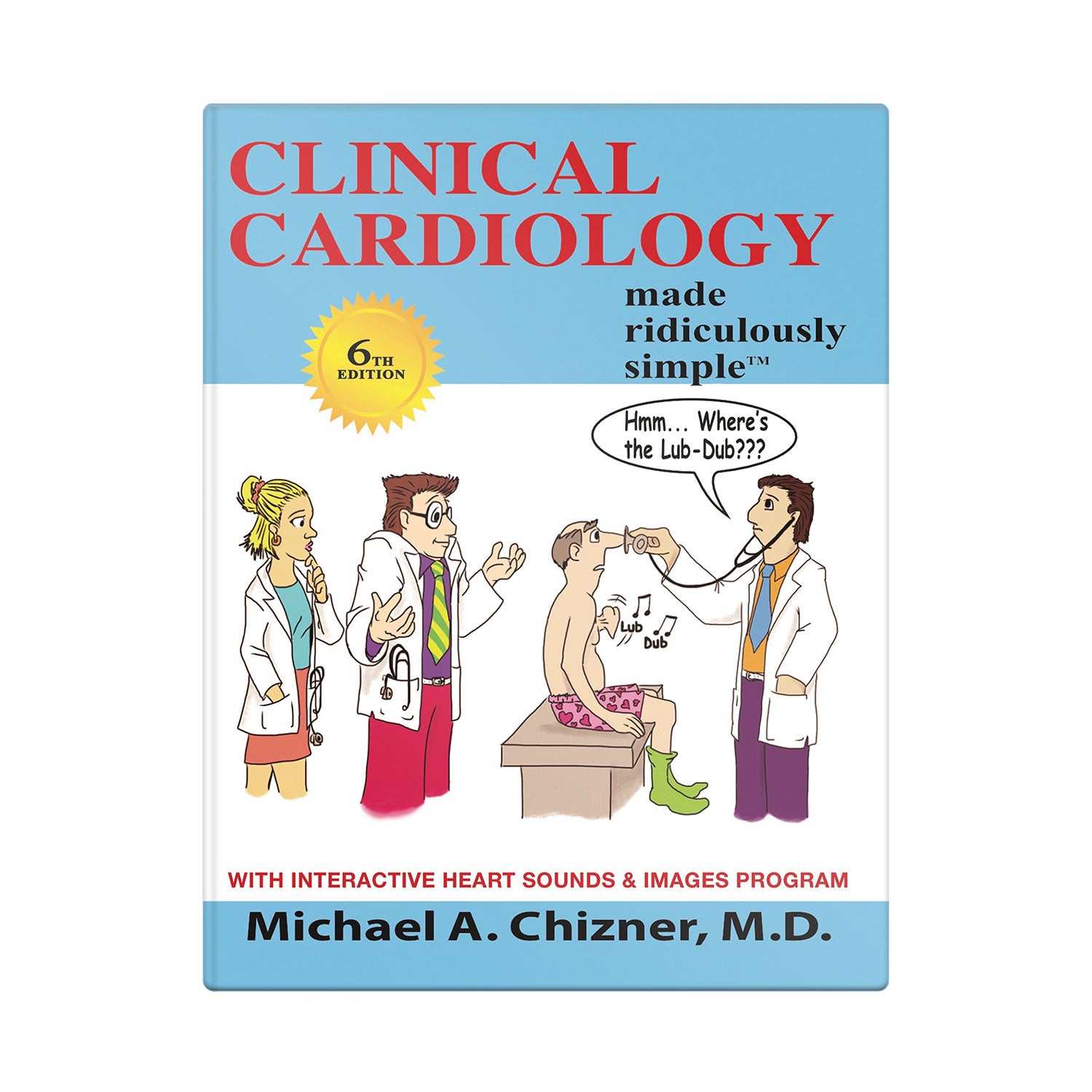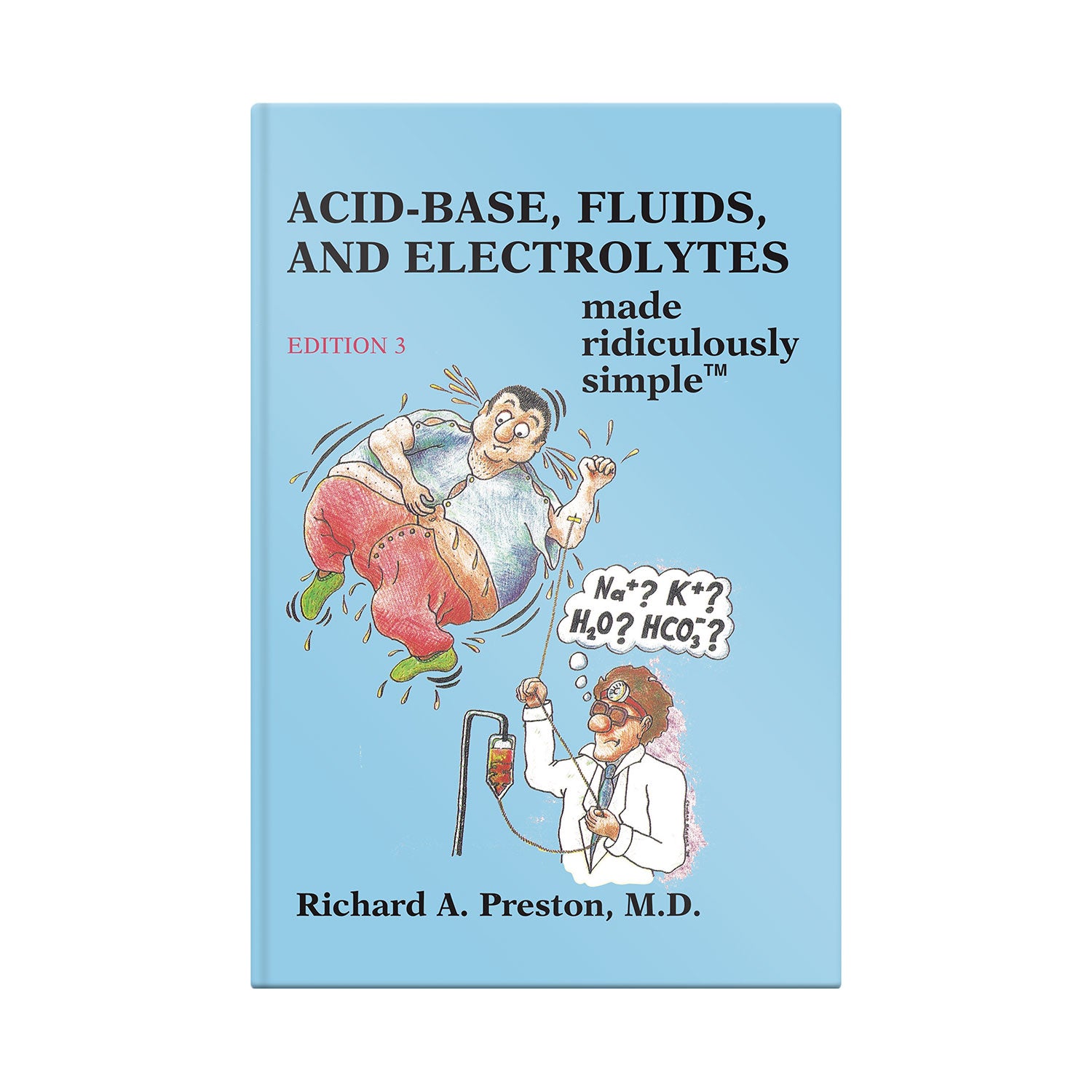
Career Choice In Medicine
It is an important choice, since you will be working hard the rest of your life, and preferably it should be in a field that you truly enjoy.
One of the purposes of electives in the third and fourth years of medical school is to gain some experience in various medical specialties, to help decide on which field to enter. It is an important choice, since you will be working hard the rest of your life, and preferably it should be in a field that you truly enjoy.
Hazards of amphibian neurology
In my case, having practiced neurology, ophthalmology, and family medicine at one time or another, in addition to lab research and teaching, I offer these considerations, but, of course, you will need to decide which ones are personally most relevant:
General vs Specialty Medicine?
Some people will find it more satisfying to practice in a very specialized area, since it is easier to learn one specialized field very well than keep up with the literature in a broad area. However, others may feel in a rut, always dealing with the same narrow range of problems. They may prefer to enter a broad specialty, such as internal medicine, family medicine, or general surgery and experience a wide scope of medicine.
More vs Less Patient Contact?
Some fields have less direct patient interaction, such as radiology and pathology. Others, particularly family and internal medicine, have much more. Are you more of a people person (children and/or adults) or would you prefer less patient contact? Emergency Medicine involves lots of patient contact, but the patient’s problems don’t follow you home, since ER medicine is not a continuity-of-care field; once the patient is admitted, a hospitalist takes over; or the patient’s primary physician continues the care if the patient is discharged.
High-Yield Practical Medicine?
All fields of medicine are practical in that you can help patients in any field, not just with bedside manner and laying on of the hands, but in the specific treatment measures unique to the field. Some fields are more satisfying than others in terms of well-defined practical results. Ophthalmology would be high on the list, since one can clearly assess an improvement of vision, whether by refraction or surgery. Neurology would be lower, but still there are many situations in which the neurologist provides critically important care.
People selecting General Surgery or a surgical subspecialty sometimes feel they are achieving more tangible results than in a specialty that relies more on medication. As one of my co-students, who chose surgery, put it: “I don’t want to be a pill-pusher.” His concern was that many pills are just placebos. Others feel differently. Family Medicine, despite the absence of surgery (beyond simple matters), can be very satisfying; there is a great need for physicians to coordinate the overall health care of the patient, and patients are often very grateful. But in Family Medicine, as in Internal Medicine and Psychiatry, when a patient improves, it sometimes can be difficult to tell whether it was a spontaneous or psychological cure or whether the medication truly was responsible for the improvement.
Family Medicine vs Internal Medicine?
Family medicine differs from internal medicine in that the family practitioner is a specialist in the most common diseases, dealing with a broad spectrum of common presentations, whether adult, pediatric, dermatologic, ob/gyn, neurologic, etc. The buck doesn’t stop with the family physician; if there is something that is too complicated, the family physician can always refer to a specialist. This can be a relieving thought to the family practitioner. The internist sees problems relating to fewer fields, but the buck is more likely to stop at the internist, who would be expected to take care of more complex situations.
Academic vs Private Practice
An academic career, involving the practice of medicine and/or research in an academic institution, may provide less income than in private practice. However, it also involves less bureacratic work, less involvement with patient billing, malpractice insurance, hiring and firing, and general paperwork. Personally, I found this feature appealing and have always practiced in an academic setting. I found another advantage, too. Being interested in both research and medical practice, I think it was easier to get hired, presenting credentials as both a practicing physician and a researcher. The Cell Biology/Anatomy department had to pay only half my salary, since the other half was paid by the Family Medicine department. Likewise, the Family Medicine department only had to pay half a salary, an advantage to each department. For those interested in combined research/medical practice in an academic setting, it may be useful to approach the basic science and clinical departments with this extra reason for hiring you.
A note about teaching: There is a need for clinicians to teach the basic sciences, rather than only PhDs. Someone with a clinical background is generally in a better position to provide clinical emphasis in a basic science course.
Family Considerations
Do you want a career with largely set hours, so that you can go home and enjoy your family? Fields such as surgery, internal and family medicine, pediatrics, cardiology, pulmonology, GI, and ob/gyn are more susceptible to unpredictable emergencies and long hours. Less so for dermatology and radiology, in which there can be more consistent schedules, although emergencies can arise in these fields as well. Practicing part-time is also an option.
Financial Considerations
Unfortunately, despite the need for family practitioners, the debt so many students have amassed by the end of medical school can influence their choice of career, where they choose a more lucrative specialty instead of a less lucrative one that they would otherwise prefer. In 2010, among the 86% of medical students who graduated with some debt, the average debt was almost $160,000. At the same time, the annual income of specialists averaged about $300,000, compared with less than $200,000 for primary care doctors.
There are loan repayment/forgiveness/scholarship programs for those who elect to enter the military, rural areas in need, or the National Health Service Corps. I spent 2 years in the Public Health Service as a draftee under the Berry Plan in the Vietnam war. It turned out to be an excellent experience. It was not as if I had to spend yet 2 more years before starting life. Life as a practicing physician already begins as soon as one starts seeing patients in medical school.
Debt is a big problem, but if you are willing to earn a little less, would it not be better to spend the rest of your life practicing in a field that you truly enjoy? As the saying goes, “If you enjoy your work, you will never work another day in your life.”
The Goldberg Files
The Goldberg Files is based on the struggles of Dr. Goldberg as well as those of his many students which he observed while teaching medical school for 25 years. This extensive blog is dedicated to assisting students in dealing with the stresses of medical education. Want to learn more?


